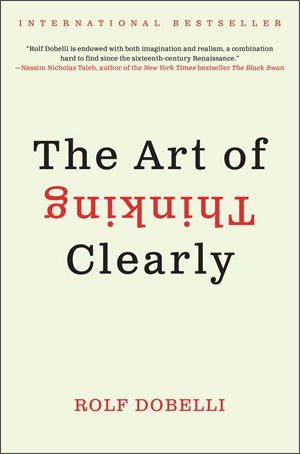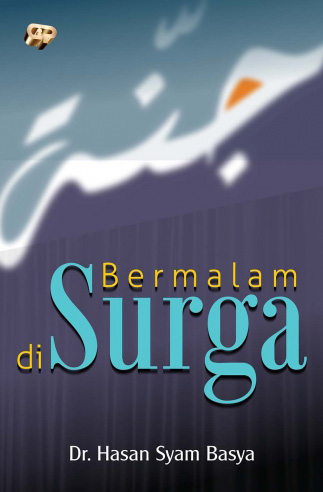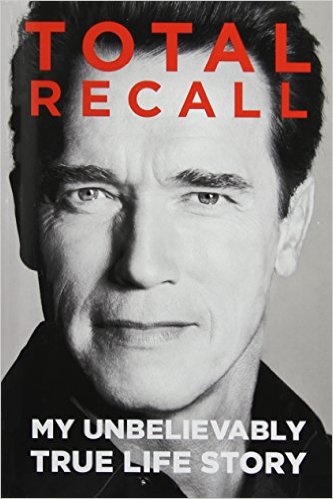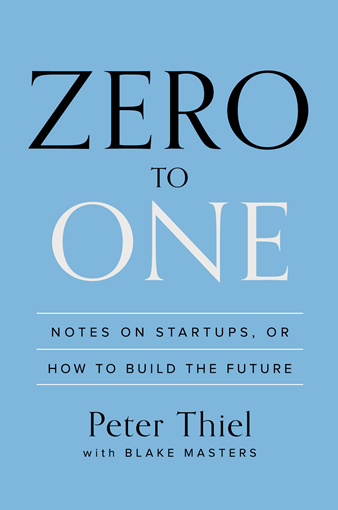The Lessons of History
Pelajaran Sejarah 1000 Tahun dalam 100 Halaman
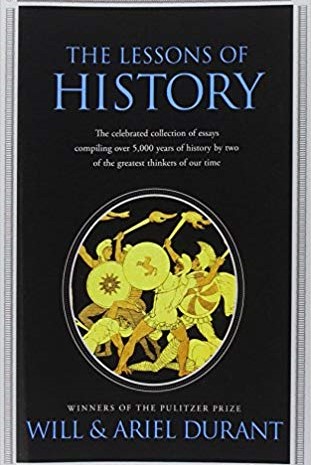
Will and Ariel Durant
2010
Reference
USA
3.8K
23 Sep 2018
Sejarah sejatinya berulang, hanya pelaku dan waktunya yang berbeda. Itulah pesan dari buku ini, sejarahlah yang paling reliable untuk kita bisa memahami saat ini dan mengantisipasi masa yang akan datang. Buku ini tergolong tipis secara jumlah halaman, tetapi pesan yang terkandung sangat tidak ternilai.
Buku ini "terpaksa" saya tulis ulang dalam bahasa aslinya dan dalam bentuk pointer. Tentu dengan alasan karena bahasanya yang padat dan pemilihan kata yang khusus dari Penulisnya.
Tentang Sejarah
- History is the story of humankind in a struggle with other species and themselves for the limited resources and gifts of the environment.
- Other sciences tell us how we might behave. History tells us how we have behaved.
- The lesson of history is that man is tough.
- History is the map of human character. To know how man will act you must know how man has acted.
- The environment is still the master of man and other species.
- The basic lesson of history is that humans are essentially what they have been all throughout history. He changes his habits, but not his instincts.
- Over the course of history, human behavior has changed, but not human nature.
- Civilization itself is the most remarkable thing humankind has done.
Biology dan Sejarah
- The first biological lesson of history is that life is competition.
- Cooperation is the ultimate form of competition.
- Cooperation is real and it expands as technologies evolve, but mostly because it is a form of competition. We cooperate within our group, family, community, and nation in order to make our group more powerful.
- Competition used to be among individuals. Then it was enlarged and it was among families. Then it was enlarged and it was among communities. And so on.
- War seems to be a constant among all civilizations and times. It is a result of competition among groups just as individuals compete as well.
- The second biological lesson of history is that life is selection.
- From nature’s standpoint, we are all born unfree and unequal.
- Nature loves difference because it is what allow selection to focus on the strong and eliminate the weak.
- Freedom and equality are everlasting enemies. When one fails, the other dies.
- Only the man below the average desires equality. Those who are conscious of being above average desire freedom. In the end, superior ability has its way.
- Nature likes large litters and the struggle for survival that ends up selecting the strongest few.
- Medicine and technology nullify natural selection by keeping the unfit alive.
- Much of what we call intelligence is the result of individual education, opportunity, and experience.
- All of the history of humankind is a short chapter in the history of biology. And all of biology is a short chapter in the history of the planet. And the planet is a short chapter in the history of the universe.
- People like to think they are a little special. Without this bit of vanity, we might find it harder to push forward. In a way, delusion is a motivator.
- Human nature is the fundamental feelings and tendencies of humankind.
- By and large, the poor have the same impulses as the rich, but with less opportunity or skill to implement them.
- The imitative majority follows the innovative minority. History is largely the battle of a few minorities, the winner of which is then lauded as the victor by the majority.
- Out of every 100 ideas, 99 will likely be inferior to the traditional alternative it was proposed to replace.
- No one person can become so well-informed in one lifetime to rethink and fully understand the customs and demands of the entire society.
Agama Moral dan Sejarah
- We can divide history into three stages: hunting, agriculture, and industry.
- Gradually, industry changed the structure of human culture and morality. People left the home and tribe to work in factories and live in cities, etc.
- It is very dangerous for an individual to think that — even with 30 or 40 years of studying — he can judge and overcome the collective wisdom of the human race. Old ideas are very powerful.Morals are the way society exhorts behavior from its members.
- It is very possible that religion has enabled humans to collaborate all throughout history and make civilization possible.
- The goal of religion and morals and ethics and really any shared belief system is at least partially to overcome the impulses of our hunter-gatherer, reptilian brain. We try to overcome our animal instincts with social instincts. We are casting votes for a new identity that we hope will overpower the natural identity we have.
- One interesting take on why the decline of religion is quite bad: if religion is the shared belief that unifies a civilization and that belief system dies, then what will hold the civilization together?
- In every age, the forces of the individual seem to overpower the forces of the group. When all else fails, people will do what serves them best. They will do what ensures their survival.
Progress
- Science deals largely with the external world. It has almost nothing to do with the internal world. What is consciousness? How can we answer this question with science?
- The men who can manage men manage the men who can manage only things and the men who can manage money manage all.
- Normally, men are judged by their ability to produce. Except in war, when they are ranked based on their ability to destroy.
- The concentration of wealth in a small portion of the population is a pattern that repeats itself throughout history. The most valuable talents and skills are confined to a few people, which means the most valuable wealth is confined to a few as well. This pattern shows up again and again.
- The rate of change increases and inventions cause acceleration to go ever faster.
- Liberty is possible when security has been achieved, but until that point you are facing competition. It is only because of competition that we developed the ability to create liberty.
- The only real revolution is in the enlightenment of the mind and the improvement of character. The only real emancipation is individual.
- Do not be an optimist or a pessimist. Instead, be a realist. Accept that life is composed of difficulties and delights. The difficulties are a natural price of existence. The delights are goodies you don’t necessarily deserve.
- Ideas are the strongest things of all in history. Even a gun was originally an idea.
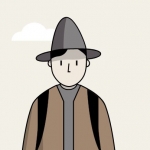


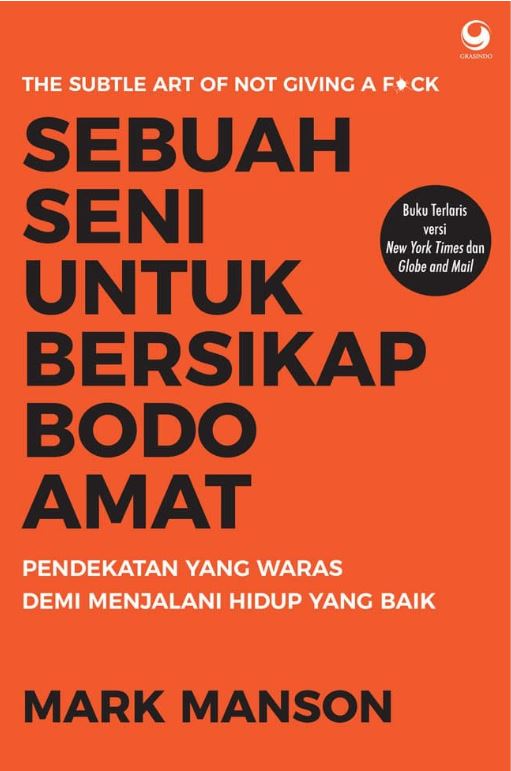
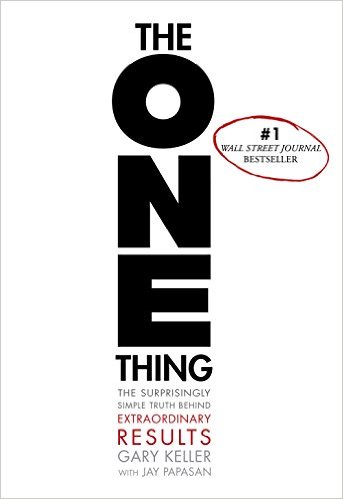

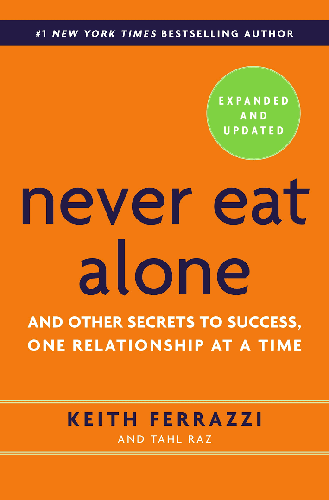
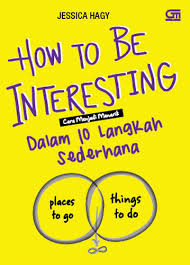
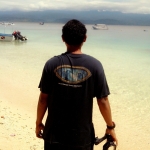 Berry
Berry 
